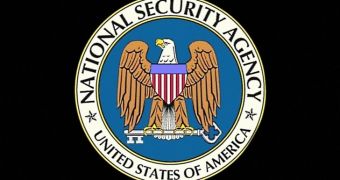The USA Freedom Act, the bill that wants to put an end to NSA’s mass surveillance programs, has passed the House Judiciary Committee, as most expected.
It’s been six months since the privacy bill was written and it has finally made it through the first major legislative obstacle following a vote that took place on Wednesday.
The USA Freedom Act was created to prevent the US government from collecting US phone data in bulk as permitted by NSA’s own interpretation of Section 215 of the Patriot Act. The bill passed the House Judiciary Committee with 32 to zero votes, making it the first real surveillance reform bill to proceed to the House.
Privacy advocates have shown some worry about one compromise that was made in order to move the bill, which is considered to weaken it greatly. Basically, the modification pushed by an internal committee now allows the government to gather call records up to two degrees of separation away from a specific target, but only following a judge’s individualized order based on “reasonable suspicion.”
While this is still better than nothing, many fear that the entire program will continue to be abused and that millions of Americans will still be spied on. In fact, allowing the NSA to search through the data belonging to the two tiers away from the target means that it could affect tens of thousands of people just because of one suspected individual.
Even so, author James Sensenbrenner, who has also created the Patriot Act that the NSA abused, continues to believe that the bill makes it crystal clear that the US Congress does not support bulk data collection.
Another modification brought to the bill enables the government to forgo the judges’ order in emergency cases, although it’s not specified exactly who decides when a case warrants the “emergency” label. Of course, there’s absolutely no guarantee that this won’t be abused by lawmakers and governmental agencies, as it has been in the past.
Supporters of the bill believe that the alterations brought to it make for a “less than perfect compromise,” but the Freedom Act still makes important, vital and substantive changes to the surveillance system built by the United States.
The Guardian quotes Amie Stepanovich from Access, a human rights and digital rights advocacy group, who says that the new version is a setback from the original, but it’s still better than any other proposal on the board.

 14 DAY TRIAL //
14 DAY TRIAL //